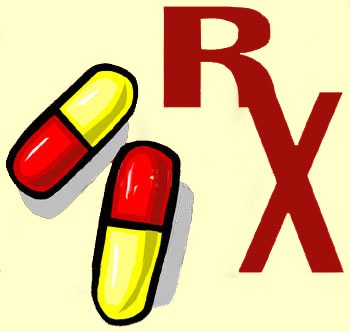Rev. David Petersen on his blog, Cyberstones, has a nice post about clergy and mental illness. Check it out here:
The Clergy and Mental Illness
He makes some good points that are well worth considering. However, I do disagree with him on a couple things. Please read the following:
2. The Office of the Holy Ministry is so stressful it causes clinical depression, etc.
The other fallacy [the one I’ve listed above] is usually picked up by those who are suffering, whether the actual sick person or by his family and parishoners. They are looking for someone or something to blame. It is mostly false. The Office of the Holy Ministry is no more stressful than any other vocation or job in this fallen world. It does not cause mental illness. But being mentally ill and trying to deal with suffering people is difficult and the feelings of being a hypocrite are immense. So it certainly feels at times to those who are ill as if the Office is the root of their problem.
Obviously Rev. Petersen has a good point. It is easy for those who are sick or for the family of those who are sick to blame the Holy Ministry for depression or some other mental illness. We like to have something or someone to blame. In this sense Rev. Petersen is right.
In this sense he is wrong. The Office of the Holy Ministry is more stressful than other vocations. Not always, and not universally, but there is no question that the pressures put on a man who serves as a pastor is far greater than what one will find in many, even most other vocations (other than father and mother). We deal with the eternal. Heaven and hell. Life and death. We are forced to try and answer some of the toughest questions human beings ever face: why did my mother die? Why did my wife abandon me? How do I know my son will go to heaven? The questions which we seek to answer are deep and abiding, and cannot simply be shed with your winter coat in the closet when you come home.
There is a great deal of evidence that generally speaking, individual serving in service fields (doctors, nurses, social workers, etc) have a much higher incident of clinical depression. The same is true for clergy. I don’t have the exact statistics in front of my right now, but I know that roughly 10% of the general population in America struggle with clinical depression, and that the number is closer to 30% for clergy. That’s a pretty big difference.
Now I don’t say this to provide a scape goat. I say it because one of the key elements in healing is understanding why you are sick. What are the causes. Heredity, situation, family life, lifestyle in general, and good old chemical makeup all play a factor.
I’m not saying this to hold up pastors as the great saints who sacrifice more than anyone else. That is nonsense and I don’t believe it. There has to be an honest understanding on the part of the pastor of how the Office affects him physically, mentally, emotionally and spiritually. That mindfulness of who we are and how things shape us is a part of what can make a great pastor. It’s also what can contribute to the utter downfall of a pastor who things he has everything under control.
Thanks for your thoughts, Rev. Petersen. I appreciate what you have to say.
-DMR

